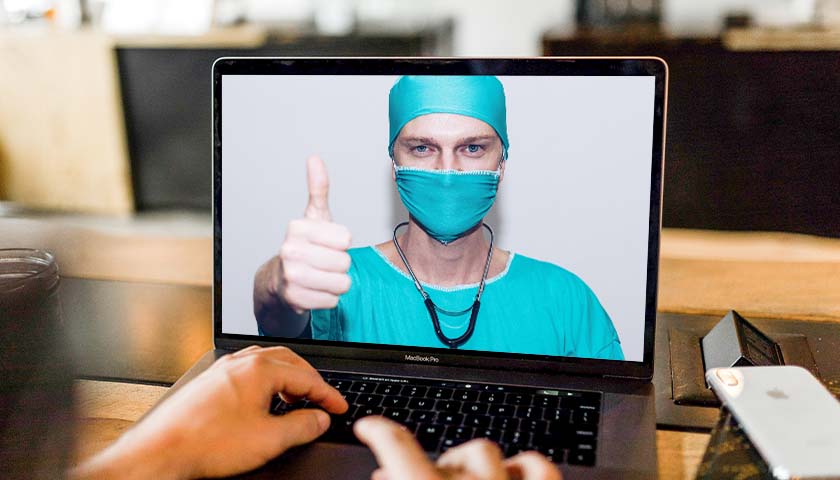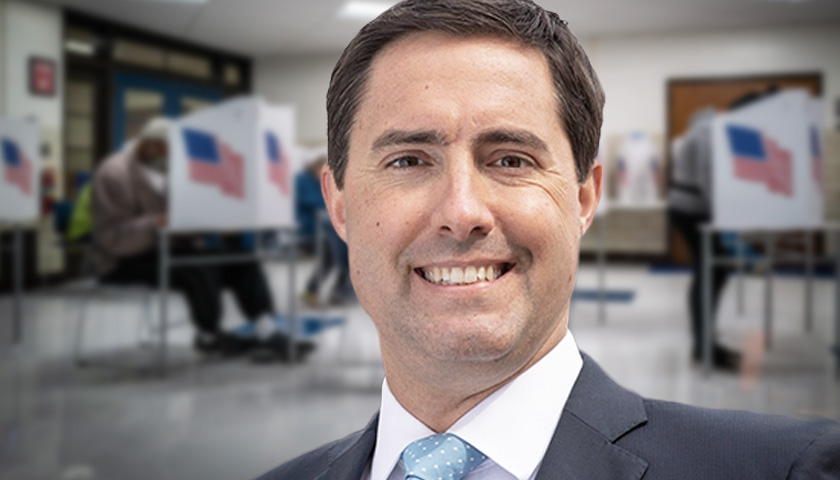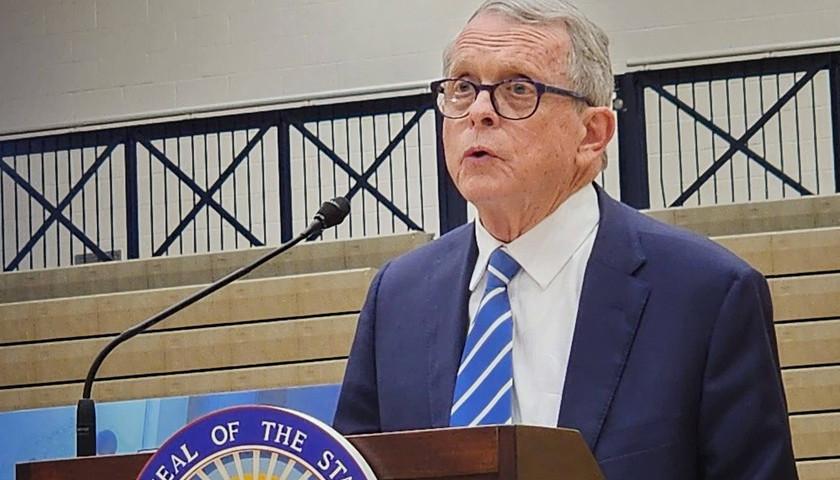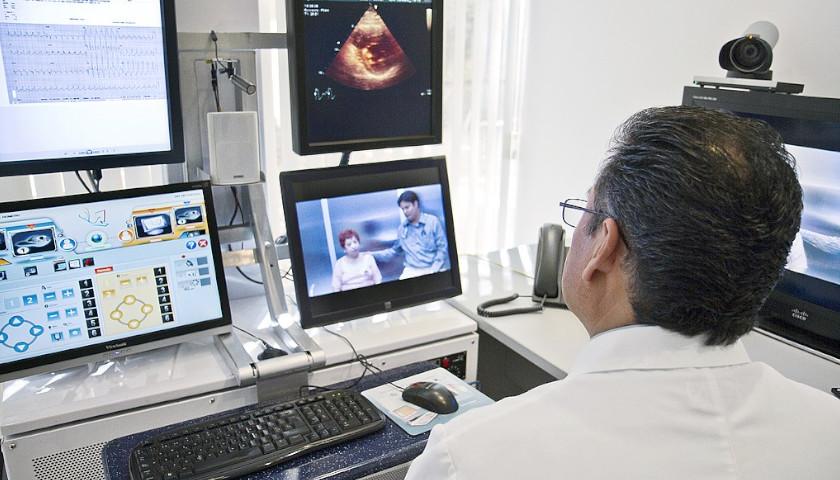by J.D. Davidson
The Ohio General Assembly moved closer to permanently expanding access to telehealth for Ohioans after the COVID-19 pandemic forced the option nearly two years ago.
The Ohio House is expected to concur with House Bill 122, which passed the Senate on Wednesday, creating policies that policy groups and health care associations have pushed for since the beginning of the pandemic.
“The COVID-19 pandemic has placed more significant burdens on cancer patients and their providers, but it has also revealed the critical role telemedicine can play in cancer care,” said Leo Almeida, government relations director for the American Cancer Society Action Network. “Telehealth provides cancer patients and survivors with a convenient means of accessing some cancer care and primary care – a particularly important option for individuals in rural areas of the country and the immunocompromised.”
The push to expand telehealth options in Ohio was a key policy initiative of The Buckeye Institute, a Columbus-based policy institute, which advocated for providing more access as current pandemic telehealth rules were set to expire at the end of December.
“Today, the Ohio Senate has made an important step to bring better health care to Ohioans by passing House Bill 122 and improving access to telehealth,” said Rea Hederman Jr., executive director of the Economic Research Center at The Buckeye Institute and vice president of policy. “By making permanent these Buckeye Institute-championed policies, more Ohioans will be able to access the doctors and health care professionals they need.
“During the pandemic, Ohioans have increased their use of telehealth services, and businesses are ready to invest more in telehealth. Most importantly, these policies will help Ohioans get the care they need when they need it.”
The legislation, once passed and signed by Gov. Mike DeWine, expands telehealth services to psychologists and school psychologists; audiologists and speech-language pathologists; occupational therapists and physical therapists; occupational therapy assistants and physical therapist assistants; professional clinical counselors, independent social workers, and independent marriage and family therapists; independent chemical dependency counselors; certified Ohio behavior analysts; dietitians; optometrists with therapeutic prescriptive authority; pharmacists; chiropractors; respiratory care professionals; and genetic counselors.
Telehealth provisions currently apply to physicians, physicians assistants and advanced practice registered nurses.
– – –
J.D. Davidson is a veteran journalist with more than 30 years of experience in newspapers in Ohio, Georgia, Alabama and Texas. He has served as a reporter, editor, managing editor and publisher. He is a regional editor for The Center Square.





